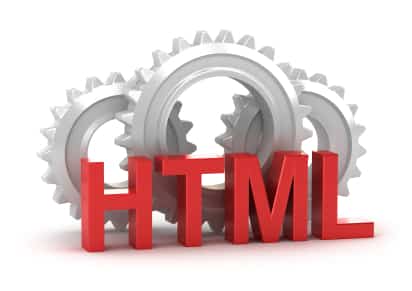Using a content management system (CMS) is a popular way for web designers to easily allow the addition and updating of content in a relatively simple package. In fact, there are plenty of web designers that believe that every website should use a content management system. However, a CMS shouldn’t be taken as a “one-solution-fits-all” approach to design and content management. Being able to edit your own content with a CMS has plenty of benefits and drawbacks that can easily affect how your website ultimately looks and feels to your users.
Why Go With a CMS?
One major advantage for having a content management system on your website is that it offers plenty of useful plug-ins and add-ons that allow a great degree of customization. Instead of developing your own individual scripts for shopping carts, photo galleries and other features, the average CMS already offers those features as add-on installations. Although many of these add-ons have been tested to work for the CMS they were designed for, you can still run into compatibility issues that can cause anything from minor issues to catastrophic outages.
The key thing to keep in mind about a CMS is that it still requires ongoing maintenance and updating, despite appearances to the contrary. Like just about any website, a CMS still needs upgrades, patches and other forms of maintenance to function properly. In fact, you probably factor in the cost of having your web designer or yourself maintaining the website as needed.
Can My Website Do Without a CMS?
Your website can do without a CMS, but you have to be prepared to put in plenty of effort to make this work. For starters, you’ll probably end up having to learn a great deal about web design in order to replicate some of the features offered in the average CMS package.
Plenty of web designers go out of their way to include a CMS within their client’s websites, mainly to decrease the possibility of the client breaking their site in the process of doing something as simple as updating their content. In these cases, a CMS works fine since most clients only want to update text content and quite possibly a few images to go with said text content.
Not every CMS can work smoothly within the design of a website. In many cases, you’re probably better off not having a CMS if it severely compromises the webpage’s overall design. Nevertheless, many people opt to incorporate CMS into their websites regardless of how it impacts design.
Conclusion
At the end of the day, having a content management system is not a mandatory requirement. In fact, not every website needs a CMS. The choice of whether or not to use a CMS depends on what you want out of your website. If you’re looking for a feature-rich website, then a CMS might be a better option than having a web designer at those features on individually. In other cases, you might feel that your website will be better off aesthetically without the use of a CMS.
Posted by [googleplusauthor]

